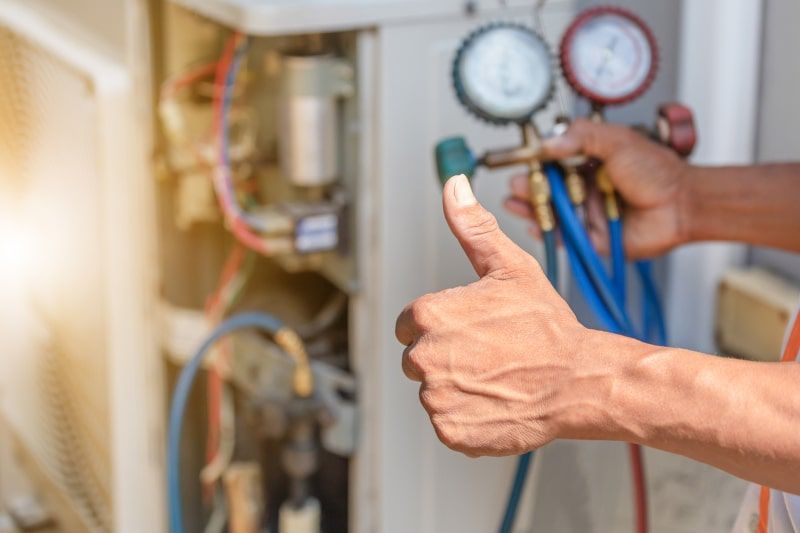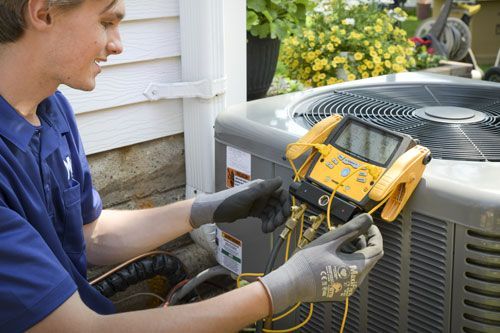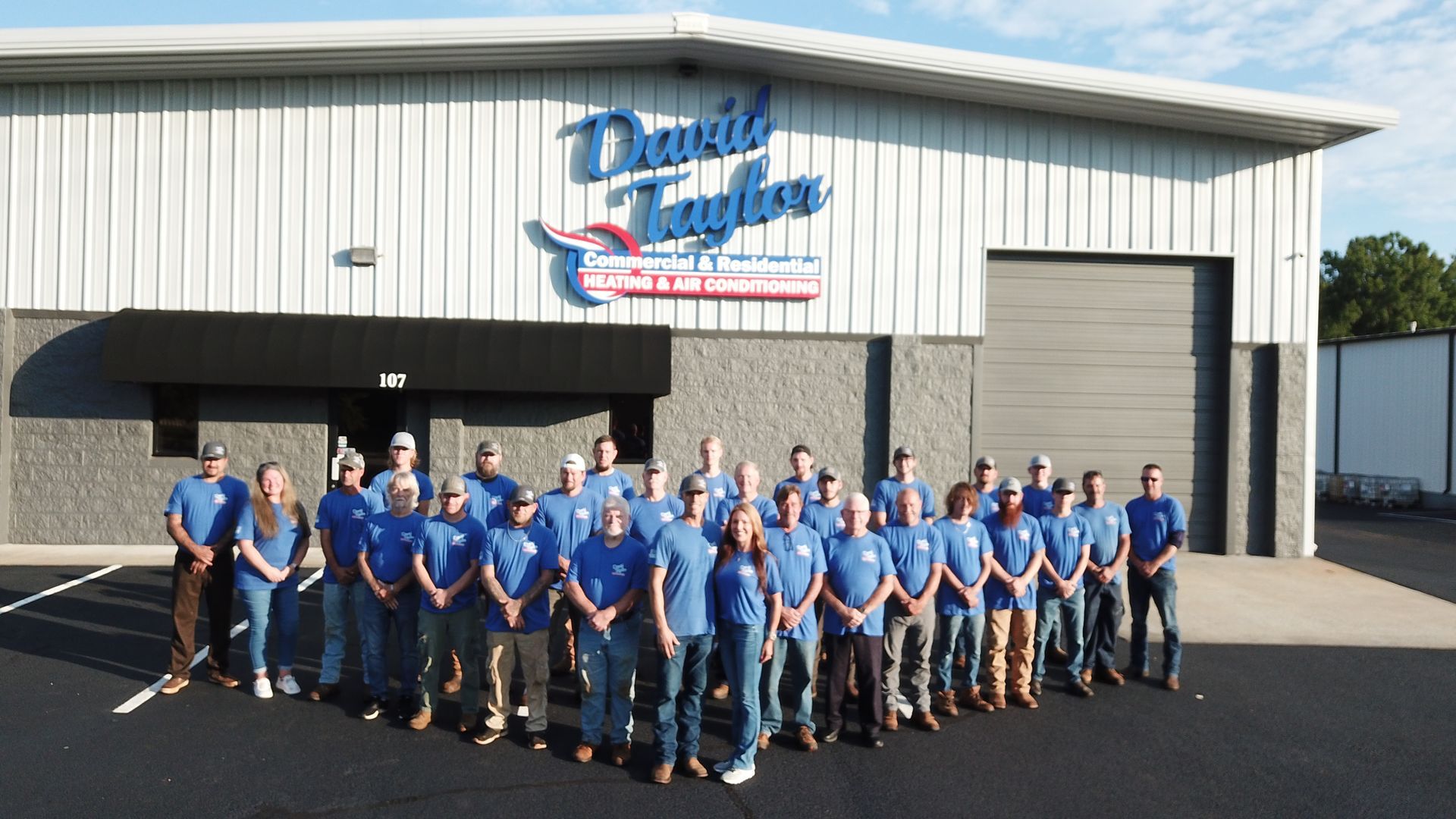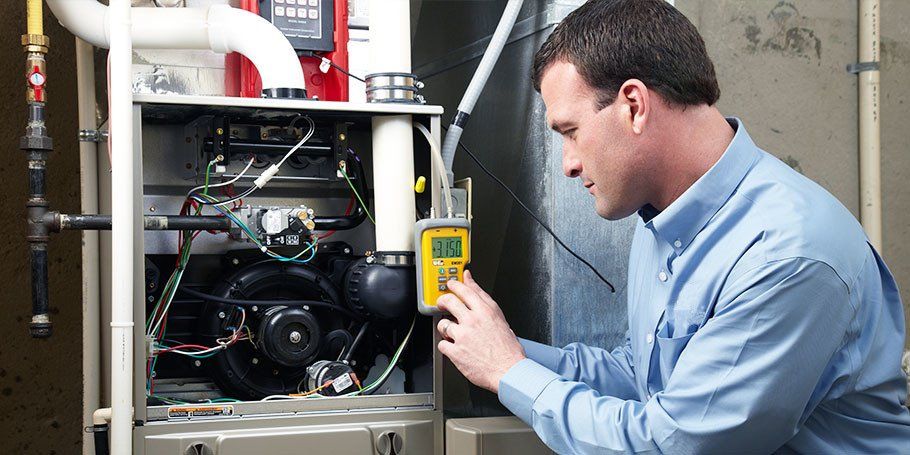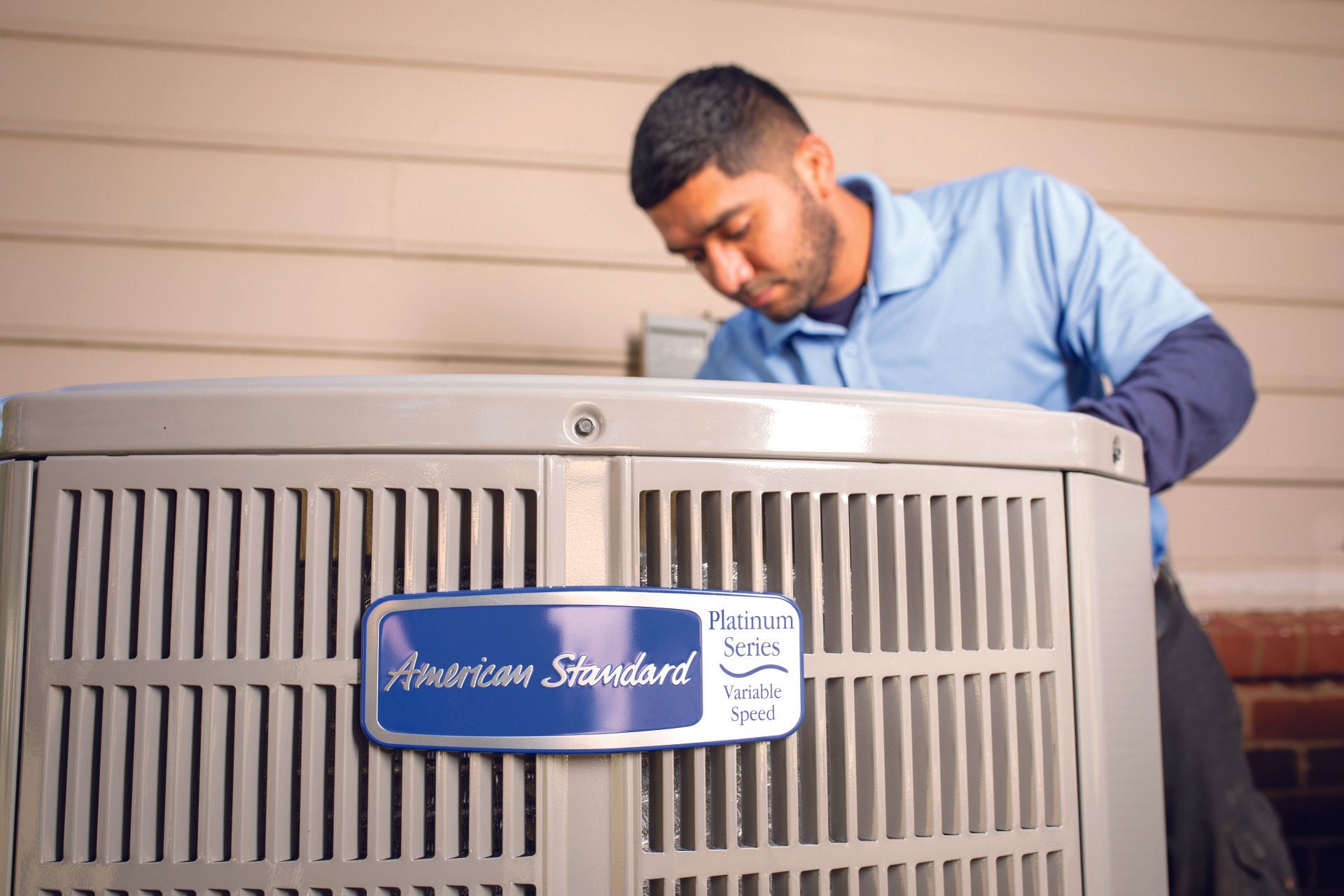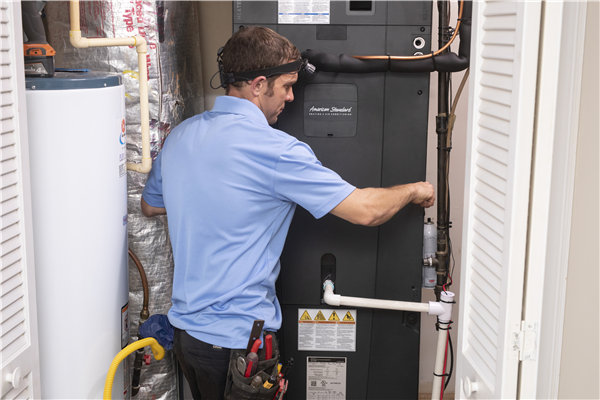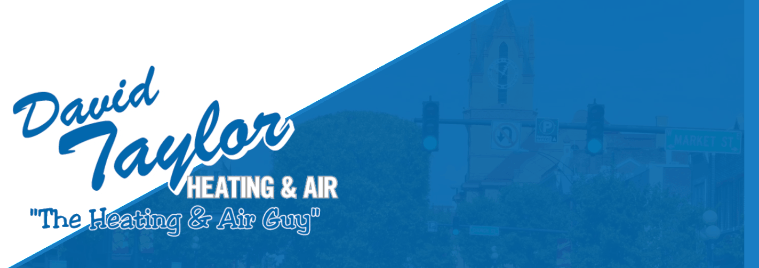How to Save on Energy Bills This Winter with Efficient HVAC Use
As the winter chill sets in, keeping your home warm and cozy often means an increase in energy usage—and higher energy bills. But with the right strategies, you can enjoy a comfortable home without breaking the bank. At David Taylor Heating & Air, we understand how vital it is to strike a balance between warmth and energy efficiency. Here are some tips to help you save on energy bills this winter while making the most of your HVAC system.
1. Schedule a Professional HVAC Tune-Up
Before the cold weather takes over, schedule a maintenance check for your heating system. Regular tune-ups ensure your system operates efficiently, reducing the strain on your equipment and lowering energy consumption. Our expert technicians in Anderson, SC, can inspect and optimize your system to prepare it for the season ahead.
2. Use a Programmable Thermostat
Installing a programmable thermostat is a simple way to cut down on energy usage. Set it to lower the temperature when you're sleeping or away from home and to warm up just before you wake up or return. For every degree you lower your thermostat over an eight-hour period, you can save up to 1% on your heating bill.
3. Seal Air Leaks
Drafty windows and doors can cause your HVAC system to work overtime to keep your home warm. Check for and seal any leaks using weatherstripping or caulking. Don’t forget to inspect less obvious areas, such as around electrical outlets, attic hatches, and plumbing penetrations.
4. Replace or Clean HVAC Filters Regularly
Clogged or dirty filters restrict airflow, making your HVAC system work harder and consume more energy. Replace your filters every 30 to 90 days, depending on your system and how often it’s used.
5. Take Advantage of Ceiling Fans
Ceiling fans aren’t just for summer. Reverse the fan direction in winter to a clockwise motion to push warm air downward, helping distribute heat more evenly throughout your home.
6. Insulate Your Home
Proper insulation is key to keeping warm air inside your home. Make sure your attic, walls, and floors are adequately insulated to reduce heat loss. This investment can significantly lower your heating costs over time.
7. Consider Upgrading to a High-Efficiency System
If your heating system is more than 10-15 years old, it might be time for an upgrade. Modern high-efficiency HVAC systems use less energy while providing superior comfort. Contact David Taylor Heating & Air to learn about energy-efficient options tailored to your home and budget.
8. Utilize Sunlight During the Day
Open curtains and blinds on south-facing windows during the day to let sunlight naturally warm your home. Close them at night to reduce heat loss through the glass.
9. Close Unused Rooms
If you have rooms that are rarely used, close the vents and doors to concentrate heat in the areas you use most often. However, consult with an HVAC professional to ensure this doesn’t negatively affect your system’s efficiency.
10. Keep Vents and Registers Clear
Blocked vents or registers can impede airflow, forcing your HVAC system to work harder. Ensure furniture, rugs, and curtains aren’t obstructing heat circulation.
Stay Warm and Save with David Taylor Heating & Air
By following these simple tips, you can stay warm and cozy this winter without worrying about skyrocketing energy bills. Need help optimizing your HVAC system or upgrading to a more efficient model? The experts at David Taylor Heating & Air in Anderson, SC, are here to assist. Contact us today to schedule a service or learn more about how we can help you stay comfortable while saving money this winter.
